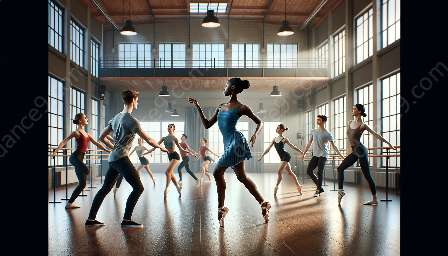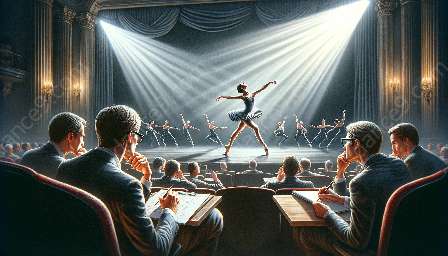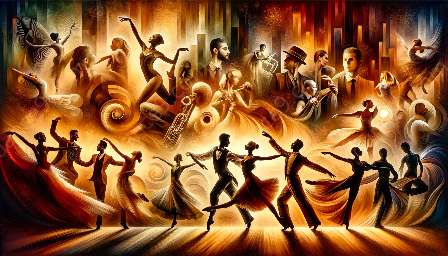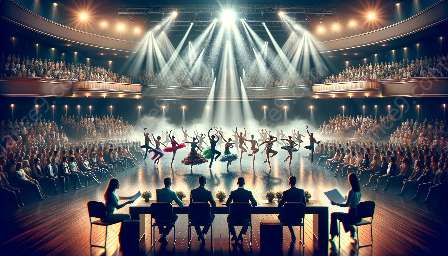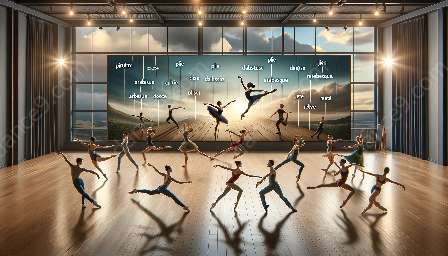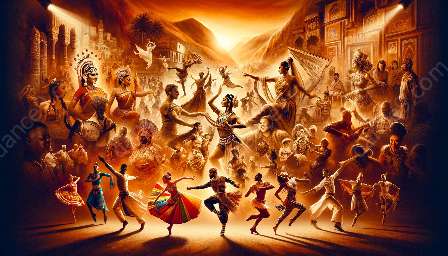Dance is not only an art form but also a discipline that demands focus, dedication, and physical stamina. This article explores how the practice of dance contributes to discipline and focus, and the various benefits that dance provides for individuals of all ages.
Understanding the Benefits of Dance
Before delving into how dance contributes to discipline and focus, it's essential to understand the broader benefits of dance. Dance is a form of physical activity that engages the body, mind, and spirit. It promotes cardiovascular health, flexibility, and strength, and also serves as a means of self-expression and creativity.
Dance has been linked to improved mood, reduced stress, and increased levels of endorphins, the body's natural feel-good chemicals. Additionally, participating in dance promotes a sense of community and provides opportunities for social interaction.
How Dance Contributes to Discipline
The practice of dance requires discipline in various aspects. Firstly, dancers must adhere to a rigorous training schedule that includes regular classes, rehearsals, and performances. This consistent commitment to training instills discipline in dancers, teaching them the importance of practice and persistence in pursuit of their goals.
Dance also demands physical discipline, as performers work to master complex movements, maintain proper alignment, and execute precise techniques. This level of physical discipline translates to improved posture, coordination, and body awareness, fostering overall physical well-being.
Developing Focus through Dance
Focus is a fundamental aspect of dance practice. Dancers are required to concentrate on multiple elements simultaneously, including rhythm, musicality, choreography, and spatial awareness. This multitasking cultivates the ability to maintain focus, adapt to changes, and execute movements with precision.
Furthermore, dance encourages mental focus through the memorization of choreography and the interpretation of artistic expression. As dancers engage with different styles and genres, they develop the cognitive skills necessary to adapt and respond to diverse movement vocabularies.
The Holistic Impact of Dance
Aside from discipline and focus, engaging in dance offers a holistic impact on individuals. It promotes self-confidence, as dancers gain proficiency in their abilities and overcome challenges. The art form also fosters a sense of achievement and self-esteem.
Moreover, dance serves as a form of stress relief and emotional release. The expressive nature of movement allows individuals to communicate and process their emotions, contributing to overall mental and emotional well-being.
Conclusion
The practice of dance not only enhances physical fitness and artistic expression but also contributes significantly to discipline and focus. Through the demands of rigorous training, the development of mental and physical discipline, and the cultivation of focus, dance offers myriad benefits for individuals of all ages. Embracing dance as a practice can lead to improved self-discipline, enhanced focus, and overall well-being.


